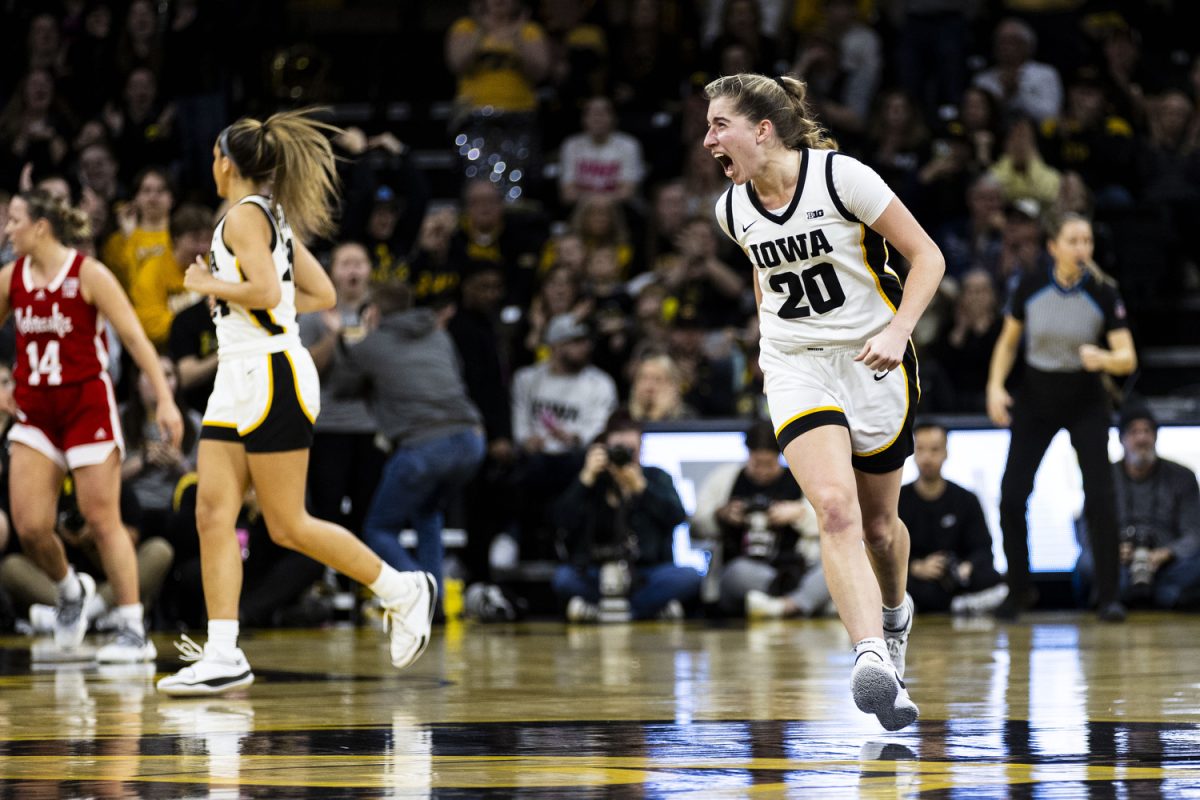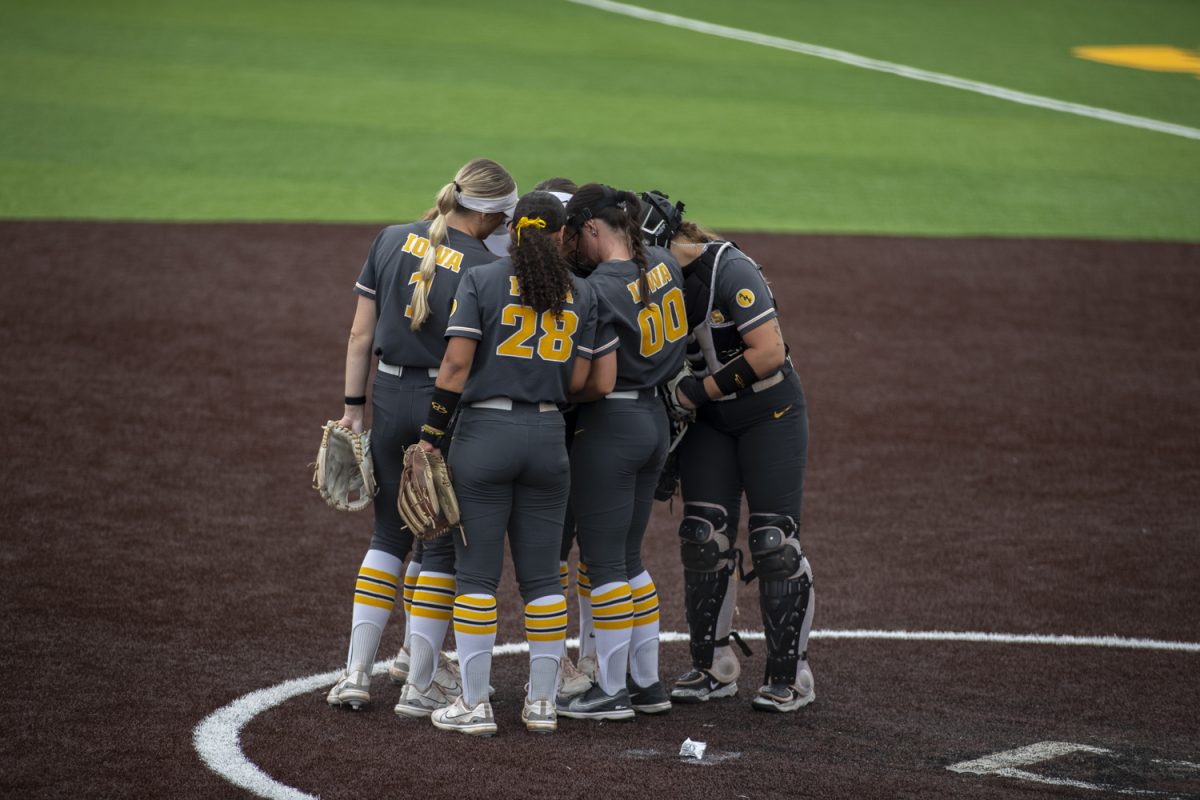Competitive swimmers use an extensive number of muscles with every stroke. Some of the hardest events are the long-distance races, including the 1,000 and 1,650-freestyle races, which put swimmers in the pool for at least nine minutes.
The Black and Gold long-distance swimmers have yet to enjoy much success this season. Junior Manuel Belzer’s victory in the 1,000 free against Michigan State on Oct. 19 was the only first-place finish in any of the dual meets.
Assistant coach Nate Mundt, who oversees the long-distance swimmers in practice, believes that the best is yet to come, and he says the swimmers have made great strides during this season as the Big Tens grow closer.
“They’re peaking at the right time; we’ve been working hard,” Mundt said. “I think they are all excited. They’re ready to get some rest and start focusing on swimming fast at the end of season.”
In recent meets, Belzer and fellow long-distance swimmer Patrick Weigand have come away with runner-up finishes — Manuel in the 500 free against then-No. 6 Ohio State and No. 10 Indiana and Weigand in the 1,000 free against Northwestern.
Weigand said he knows that long-distance events are not the most attractive races to swim and they require an even greater amount of mental strength and physicality. Often, they’re separated from the rest of the team and will be the last ones in the pool during practice.
Being in the pool longer, Mundt said, helps the long-distance swimmers, both physically and mentally.
“I would say we definitely do more than other events as far as the volume of training that we do in the water,” he said. “No. 1, physically it takes a little more, and it builds confidence knowing that they train longer than normal events.”
Belzer he said that practices aren’t always the most exciting for those who compete in the long-distance events.
“The practices are sometimes monotone and really boring and long, but you just got to turn off your brain and just keep swimming,” the native of Schornsheim, Germany, said. “You’ve definitely have to get used to not talking to anybody for 25 minutes.”
Despite being a more demanding event, it was a simple decision for him to do an event that meant being in the pool for an extensive amount of time. He said he simply was just better at it.
The veteran Weigand said that he’s happy with the progress the team has made this season so far despite having fewer meets than last year.
“We still got a lot of training done, and we’ve been able to focus a lot more on technique,” he said. “… Overall, I am really excited with how we’ve done this year, and I’m really proud of everyone.”
The upcoming meet against Western Illinois on Friday will be the last meet of the season for the Black and Gold before the Big Tens around three weeks later, and Weigand said it’ll be good to have that time to rest.
Going into the championship season, his goal is to place — something that he has yet to do in his time at Iowa. The key to finding that success is to focus.
“We just have to make sure we focus on our technique and everything,” he said. “Just don’t do anything stupid and stick with our training, concentrate on our stroke.”
With long distances, Weigand said, it’s important to approach it differently than the sprinters. Instead of getting “jacked up,” they must be more relaxed.
“Of course, you want to take it out fast and everything,” he said. “But it’s more about keeping your composure the whole race and just being able to stay strong the whole race instead of the beginning.”
Mundt said he is confident going into the upcoming championship season because of having so many experienced swimmers, such as Weigand and Belzer, and that it’s time for them to display their confidence.
“Now, they have to trust in their training and really let it come out when they perform,” he said.






